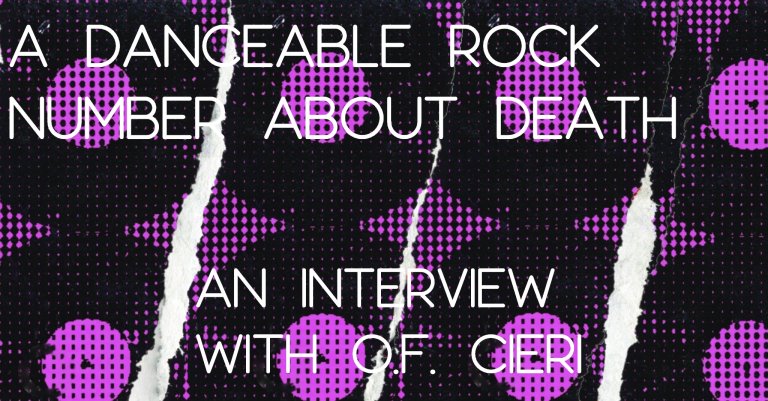
A DANCEABLE ROCK NUMBER ABOUT DEATH: An Interview with O.F. Cieri
I enjoy the wish fulfillment of making up a controlling, overbearing asshole and then torturing him by making everything go wrong no matter what he does.

I enjoy the wish fulfillment of making up a controlling, overbearing asshole and then torturing him by making everything go wrong no matter what he does.
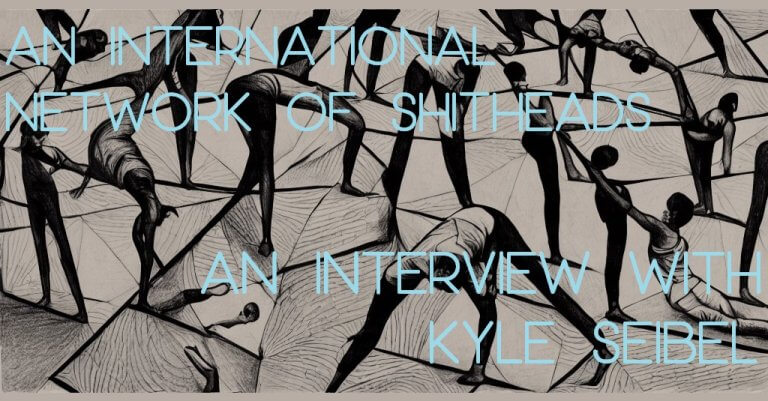
Kyle experimented with ChatGPT once: “What are twenty-five short story ideas?” The answers it puked out were uniformly terrible, except for one.
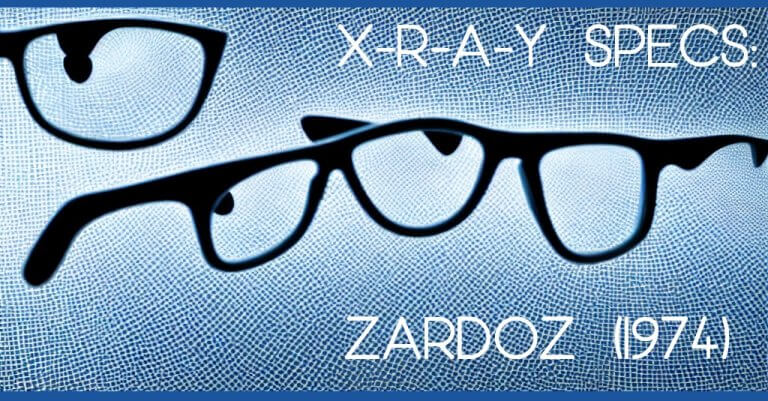
I knew I was going to love it when the head started to vomit guns. The tone felt like a Monty Python film. Is that a common comparison?
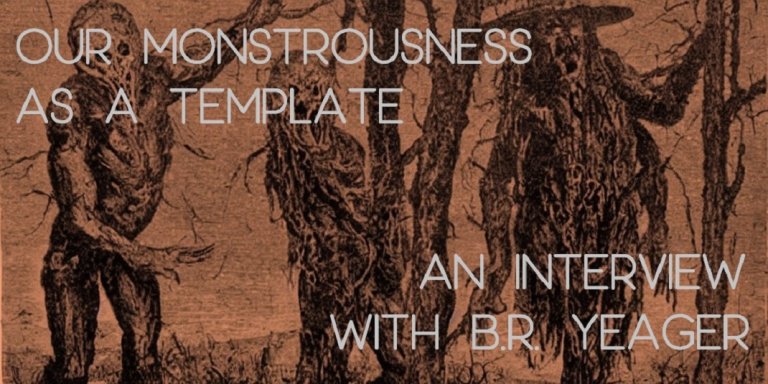
At my most pessimistic I’ve worried that this collection is akin to charging people to watch me at the gym; when I’m more optimistic, it feels like I’m just flexing in different genres.
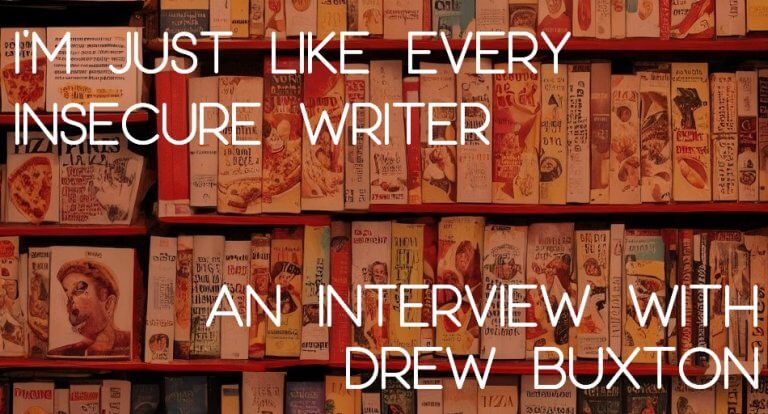
There was this thing near San Antonio when I was in high school called the Elmendorf Beast that killed livestock. It turned out it was just a coyote with mange.
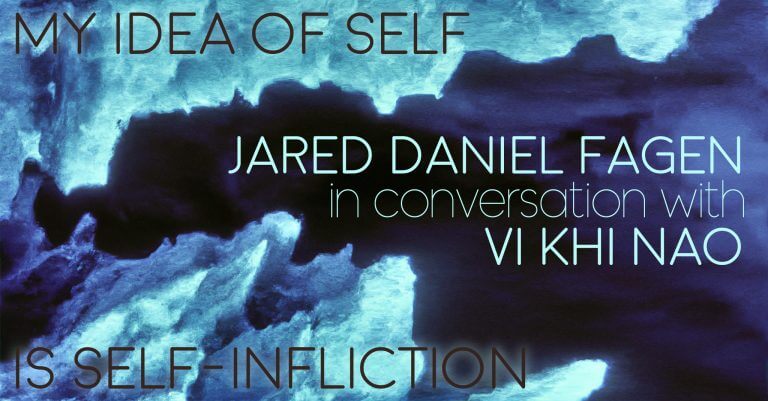
I don’t feel free, Vi. Never have. I know you don’t either. I don’t know anyone who does, or has. Maybe nothing is, nor should it be.
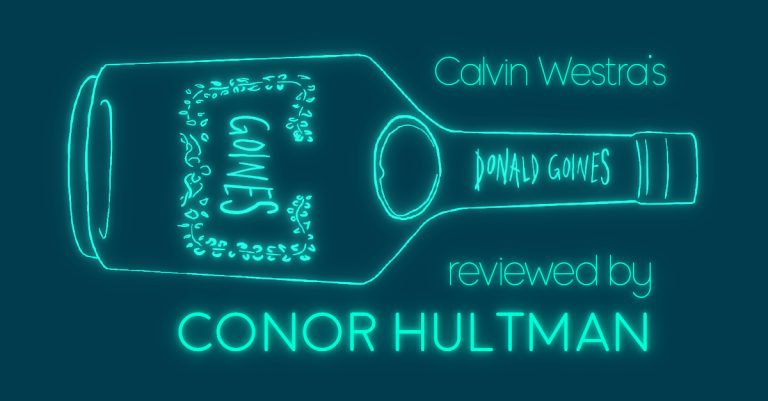
What Westra does is this brilliant magic trick: he takes these simple sentences, with their insouciant humor, and stacks them like bricks.
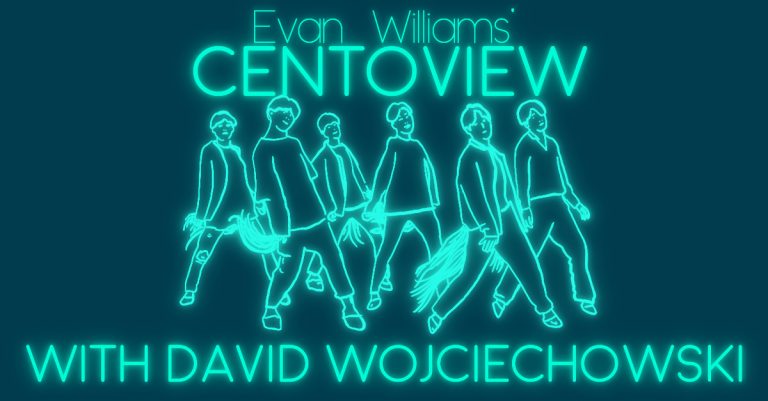
I thought the world would understand. But no.
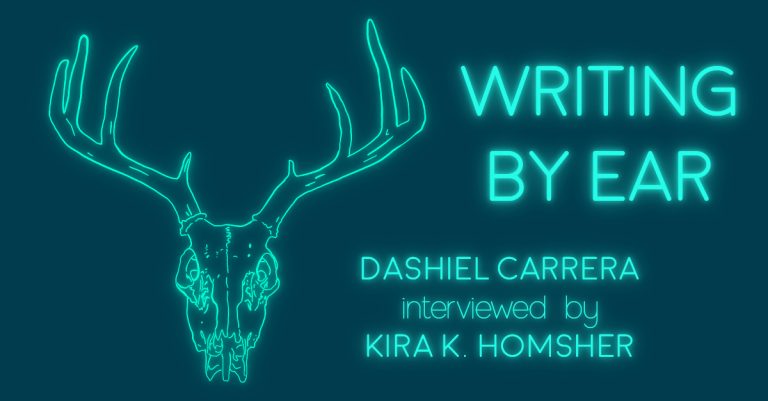
Transfixed by the odd turns and cadence of its speech, each day I set a timer and kept writing until the alarm went off. This approach no doubt held its roots in my background recording music: I thought of these writing sessions like performances, called “takes.”
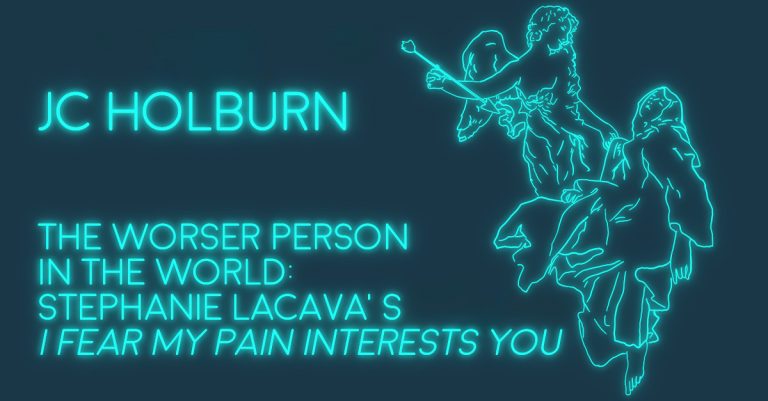
LaCava’s story straddles a tenuous faith that through constant debasement and submission a breakthrough can occur, undergirded by a mind/body conundrum: if the pain isn’t felt, is an uninvited infliction technically still misconduct? Answer: yes, yes it is.
